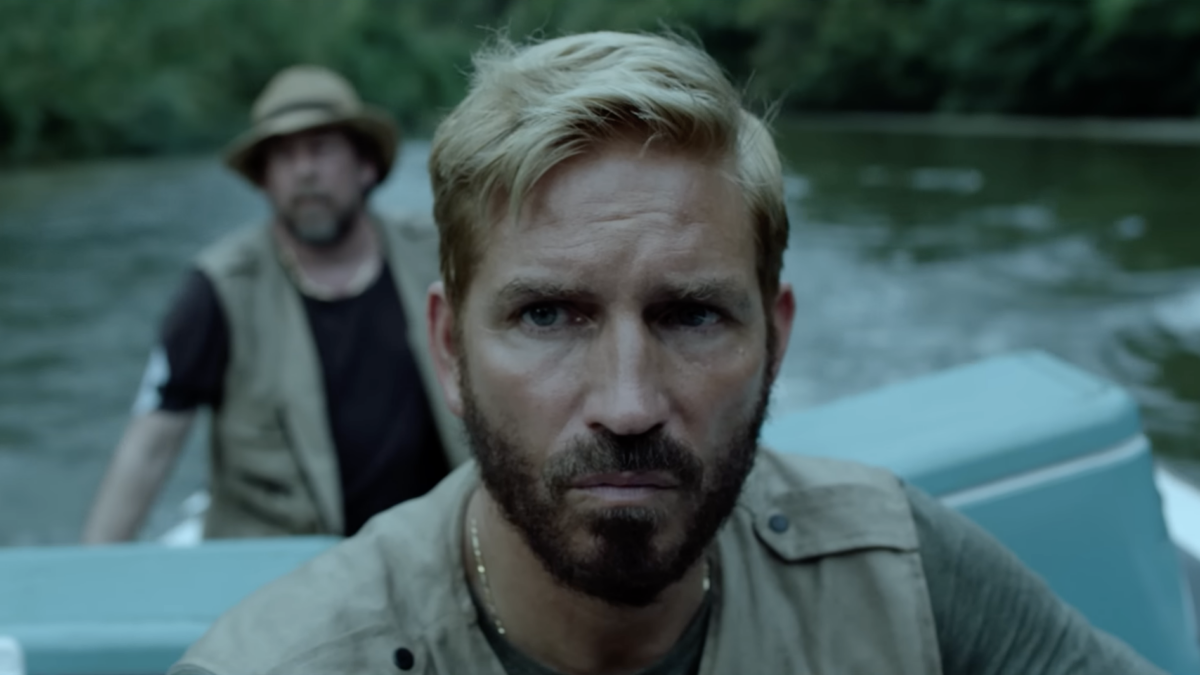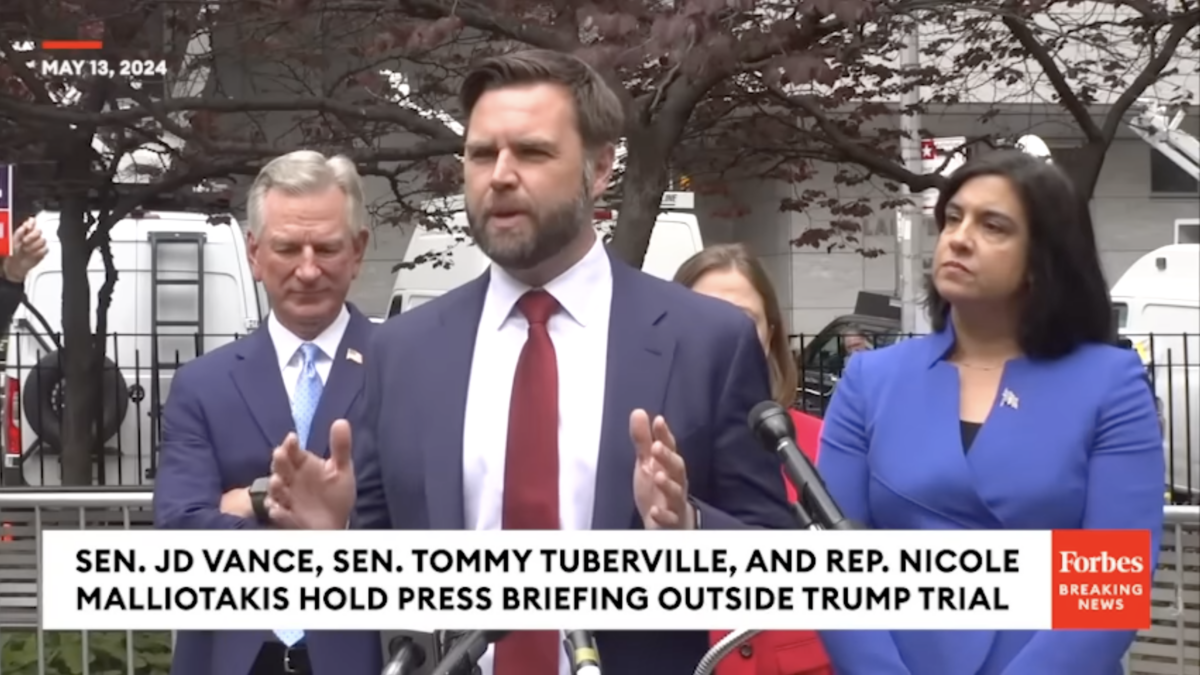“Sound of Freedom” follows the true story of Special Agent Tim Ballard who specialized in catching sex criminals, particularly in regard to the exploitation of children on the internet. But Tim is challenged early in the film by the seeming futility of catching criminals when real children’s lives are at stake. Years of looking at the darkest side of humanity has broken his heart to pieces, and the only way he can see to rebuild his humanity is by liberating the lost and forgotten victims of the sex trafficking network. He goes on a quest to South America to do just that.
Jim Caviezel plays Ballard. His classic no-frills acting approach is perfect for this role. Caviezel is best known for playing Jesus in Mel Gibson’s controversial “The Passion of the Christ.” He brings the same level of intensity and compassion from this role to Ballard’s story. In fact, Ballard’s mission to seek and save lost children is a distinctly Christian value based on the theological principle that each child is uniquely beloved by God.
When Jesus said, “Let the little children come to me,” he was making a revolutionary claim. Children, the most vulnerable and dependent members of society, had a special place in his kingdom. They mattered to him in a way that no other religious founder has ever envisioned. The faith of a child was the type of faith Jesus wanted from his followers — one free from the pollution and cynicism of adulthood, one of total dependence on their Heavenly Father.
These values aren’t universally understood and accepted. Ballard’s story is proof of that. According to the movie, the child sex industry brings in $150 billion dollars every year. This industry is powerful and is not nearly as niche as we would like to think it is. While its visible activists are milquetoast perverts we can easily jail, the invisible perpetrators are the ones who do the real damage — the cartels, drug lords, and even our own politicians enable the child sexual slavery that is more prominent now than ever before.
At the end of the film, Caviezel addresses the viewers and makes the point that this story isn’t about a movie production or even about Ballard. It’s about the children — lost, invisible children who suffer in the depths of hell every single day. While the rich and powerful try to indoctrinate us with critical race theory and other ideological moralisms, true victims suffer in literal cages and chains.
The children are by far the best and worst part of this film. The two lead child actors are heart-wrenchingly perfect — a brother and sister who have been ripped apart by this evil industry. I’ve never seen such realistic and effective acting from children. Thankfully, the film only ever implies the atrocious things that are done to them, but in some ways that makes it even more disturbing. Our imaginations torture us, and they should torture us on this issue — more than visual depictions could.
And that is what makes the child acting simultaneously the worst thing about this film. All the children seem like genuine children. None of them look like actors — they are presented to us with complete realism. If you have anything even resembling a conscience, watching these children is an utter tragedy. It is painful to see their pain on full display.
This film might not depict anything visually distasteful, but it is not for the weak-hearted and is difficult to watch. It is honest about what this world is and does. I heard crying throughout the entire theater audience — it is beyond moving. At the end of the film, I wanted to clap, but it felt inappropriate. It was similar to watching “Schindler’s List.” What exactly are we celebrating by clapping for films like this? The heroism I suppose, but it doesn’t feel right. Silent repose seemed to be the most appropriate response.
The film itself is magnificently produced. The direction by Mexican filmmaker Alejandro Monteverde is fantastic and is tonally similar to the brilliant “Sicario.” However, the best part of the production is the score. It is full of the voices of children, which gives voice both to the lament of evil and the hope in the midst of it. And despite the pain, there is much hope in this film.
Children have been freed from chains due to the efforts of people like Ballard. That hope should inspire us all to action. We cannot act out of guilt or shame that we have not done more already. Instead, we must move forward in the hope that justice will be brought to this evil. It is possible to seek and save those who are lost.
During his message in the credits, Caviezel explains that “Sound of Freedom” is supposed to call a sleeping nation to seek justice for the oppressed. The United States is actually one of the largest consumers of child sex trafficking — a large part of the responsibility is in our own backyard.
So what can we do about it? First and foremost make sure people see this film. Angel Productions has even provided free tickets online. This story can change people’s hearts and inspire them to do something about child slavery. It is a call to action.
Early on in the film, Caviezel looks at a pedophile he’s using to try to find some of the lost children, and he quotes Jesus: “If anyone causes these little ones to stumble, it would be better for them if a millstone were hung around their neck.”
The current culture war is all about children. Children are the most important thing in the world. We cannot allow our world to be dominated by child sexual abuse. We must help. To quote the film, “God’s children are not for sale.”









